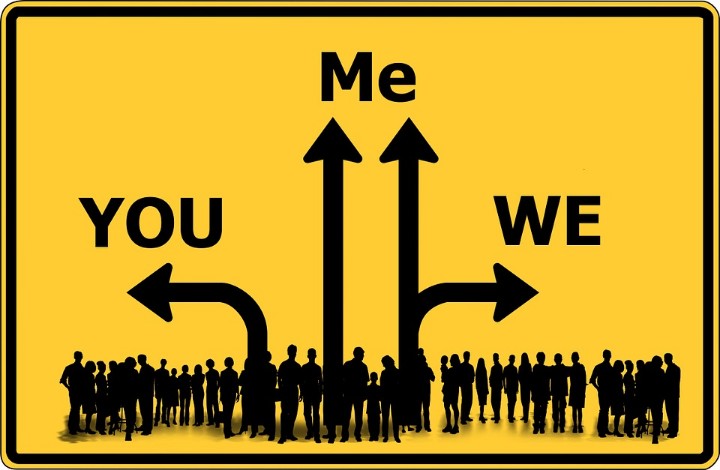
Sep 28, 2018
Why We Need Meaning In Our Careers
We may believe that status and money are important drivers for feeling fulfilled and happy with our work, but meaning is an often overlooked but incredibly important need, as coach and business psychologist Paula Gardner explains...
A study conducted as far back as 1997 (Wrzesniewski, McCauley, Rozin and Schwartz*) found that those who looked at their work in terms of “a calling”, or being able to do meaningful work, were likely to obtain higher scores on life, health, job satisfaction and health.
A later study (Allan, Douglass, Duffy, 2015**), coupled meaningful work with reduced sickness leave and increased resilience to stress. But is “meaning” simply too much to ask for?
Scarlet Thinking coach and business psychologist Paula Gardner doesn’t believe so. She offers a career coaching service that concentrates on more altruistic careers that have meaning. She has created a 7 Steps process that builds on Values, as well as the very practical issues of the implications of finding more meaningful work, which may be seen bysome as a side or backward step, or even outright rebellion.
Gardner explains: “Other people often have a vested interest in who we are and what we do: our partners, families, parents, friends and current co-workers. Choosing to follow a more altruistic path can be fulfilling, but it can also bring up many issues around identity and financial security. However, approached correctly, this doesn’t have to be the case. Clients are often unaware of the huge choice of socially responsible work that is open to them.
"Whilst charities are facing a difficult time, The State of Social Enterprise Report 2015, sponsored by Santander, shows that UK social enterprises are outperforming their private counterparts and thriving in every way as they tackle our issues. You don’t even have to leave the private sector if you don’t want to, as many organisations are opening up to the importance of corporate social responsibility and altruism in the community. There could be a real opportunity to make a difference on your doorstep, even in your current job.”
Paula’s top 3 tips for an altruistic career change:
- Take your time. Experiment to really find your path. What can you do to explore without tying yourself down? You could take on a trustee position, or do some volunteer work to test out the waters.
- If you’re not already, get up to date with technology. Get comfortable with Skype and Zoom, for instance, as you may well be using them in your career search.
- There is no need to postpone altruism. What can you implement where you are right now? Perhaps you can introduce a pro-social programme that will keep you motivated and help you gain experience in the meantime?
The 7 Steps to a More Meaningful Career programme can be found here.
* Allan, A., Douglass, R., Duffy. R, McCarty, R. (2015). Meaningful Work as a Moderator of the Relation between Work Stress and Meaning in Life. Journal of Career Assessment
** Wrzesniewski, A., McCauley, C., Rozin, P., & Schwartz, B. (1997). Jobs, Careers, and Callings: People’s Relations to Their Work. Journal of Research in Personality, 31(1), 21-33
Take your next step on the road to career fulfilment here.
Read more news stories